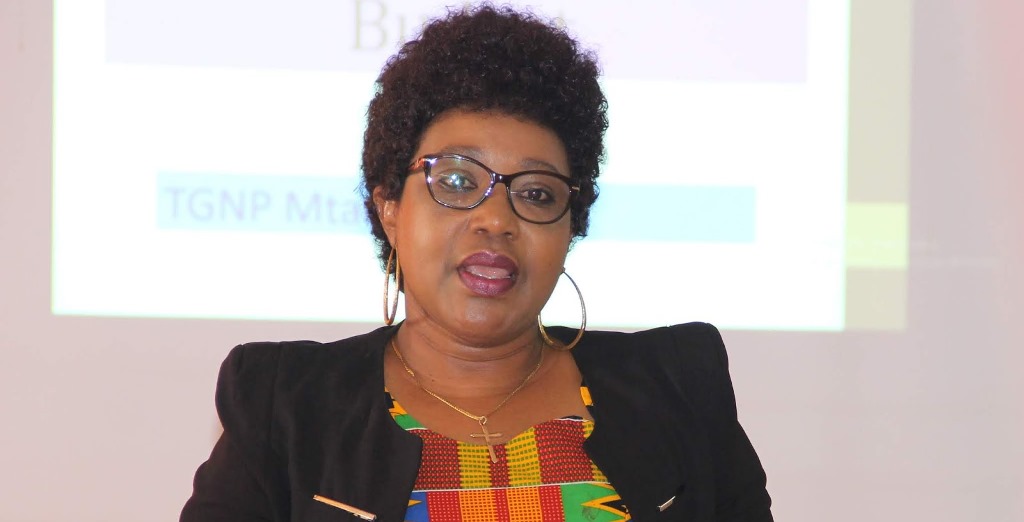AfricaPress-Tanzania: THE coronavirus pandemic has raised new challenges for families and communities in general, and especially women and young girls who are currently at home after the recent closure of schools.
A statement released yesterday by the Tanzania Gender Network Programme (TGNP), Executive Director, Lilian Liundi said that girls are at risk of early pregnancy and other forms of sexual violence at this time when they are out of school.
“Children (girls and boys) remain at home, and their parents go to work. In this case sexual abuse can develop and lead to early pregnancy,” Lilian said.
The TGNP report indicates that approximately 60 percent of sexual violence occurs at home, and those who commit such acts are either close relatives or neighbors.
“Overall, sexual violence is particularly prevalent during tragedies like corona, not only for girls but for women at large,” Lilian said.
The TGNP statement shows that many women in the country work in the informal sector, doing various activities such as house work, vending in markets and hawking, which compel them to leave their homes and go out to meet people, sometimes crowded in environments.
Lilian said that such a situation puts women at risk of getting the corona virus, adding that it is now very important to put in place effective prevention strategies, and get them the right services.
“In terms of maternal and child health, a pregnant woman’s immune system is very unstable especially during breastfeeding. For hospitals with female nurses under one year experience, we recommend that they should not attend corona patients,” said Lilian.
She added that in antenatal care for children, where there are often crowded people, it is important to emphasize preventive measures, including hand washing, and observing a one metre distance safeguard.
“It is important to ensure that hospital services remain the same by ensuring that maternal and child health services continue to be prioritised to reduce maternal and child mortality,” Lilian said.
She called upon all parents to make sure that they protect themselves well when undertaking their obligations, conscious that an infected parent can infect children, thereby rendering the task of protecting children futile.
According to statistics from the International Labor Organisation (ILO) released in 2006, more than 80 percent of women work in the informal sector where they are at higher risk of contracting diseases.
According to UNESCO’s 2019 report, the level of adult education is 77.82 percent, of which men are 83.2 percent, and the rest are women.
These figures are clear evidence that women have been left behind in various issues, said Lilian.
This diversity of women in the background will also be seen in the field of timely access to accurate information, such as newspapers, radio, television and social networks.
This is largely due to the society’s lack of equal distribution of responsibilities, she added.
“Women are largely burdened with the responsibilities of raising families and providing careers that lead to a complete lack of economic, political, and even timely information” Lilian said.
During this period of the COVID-19 epidemic, access to accurate information is a right for every citizen, so it is important that the methods used should take into account the right to information.







